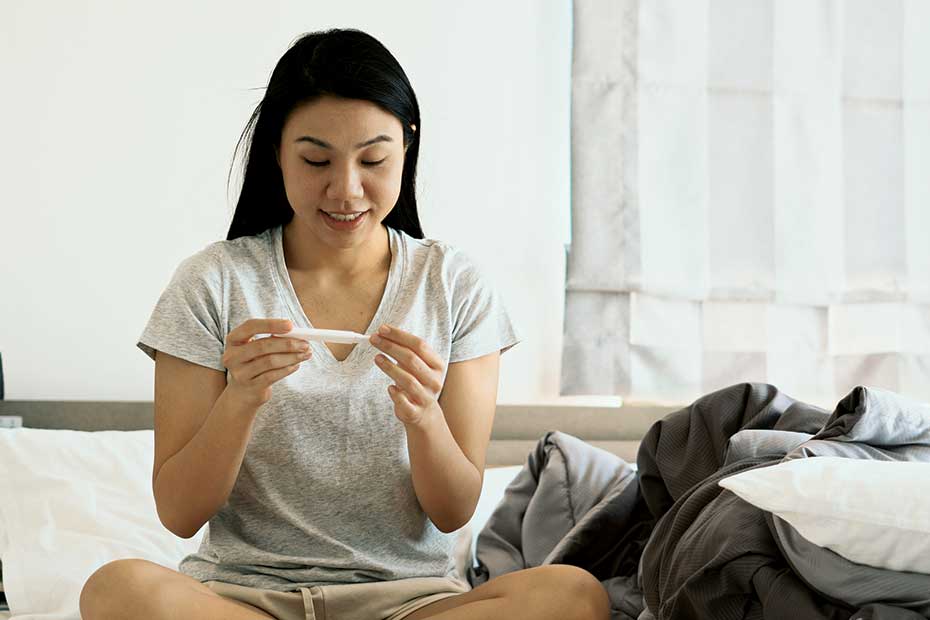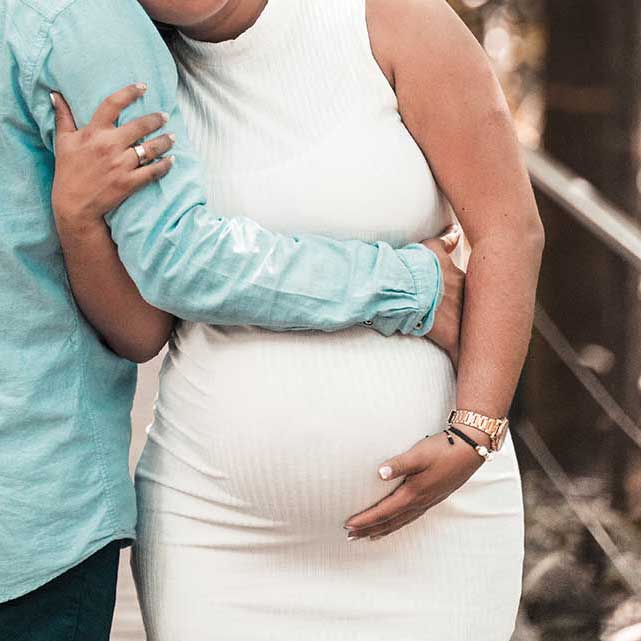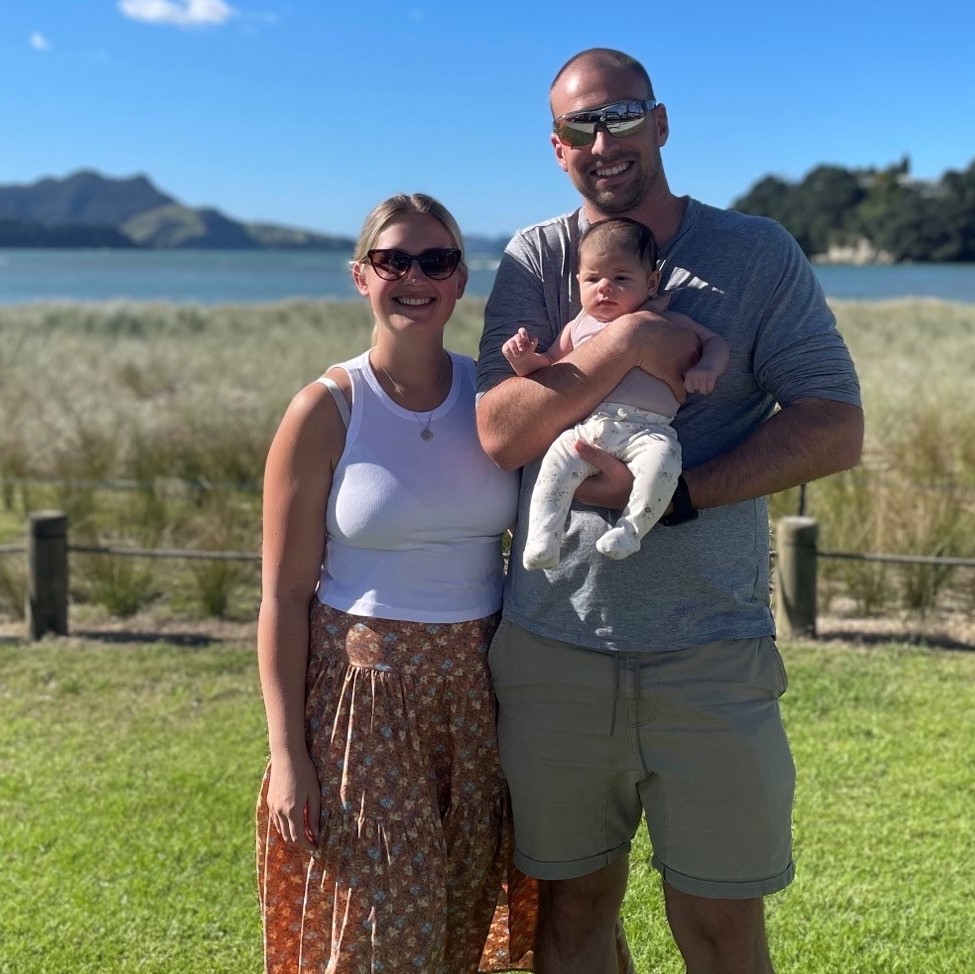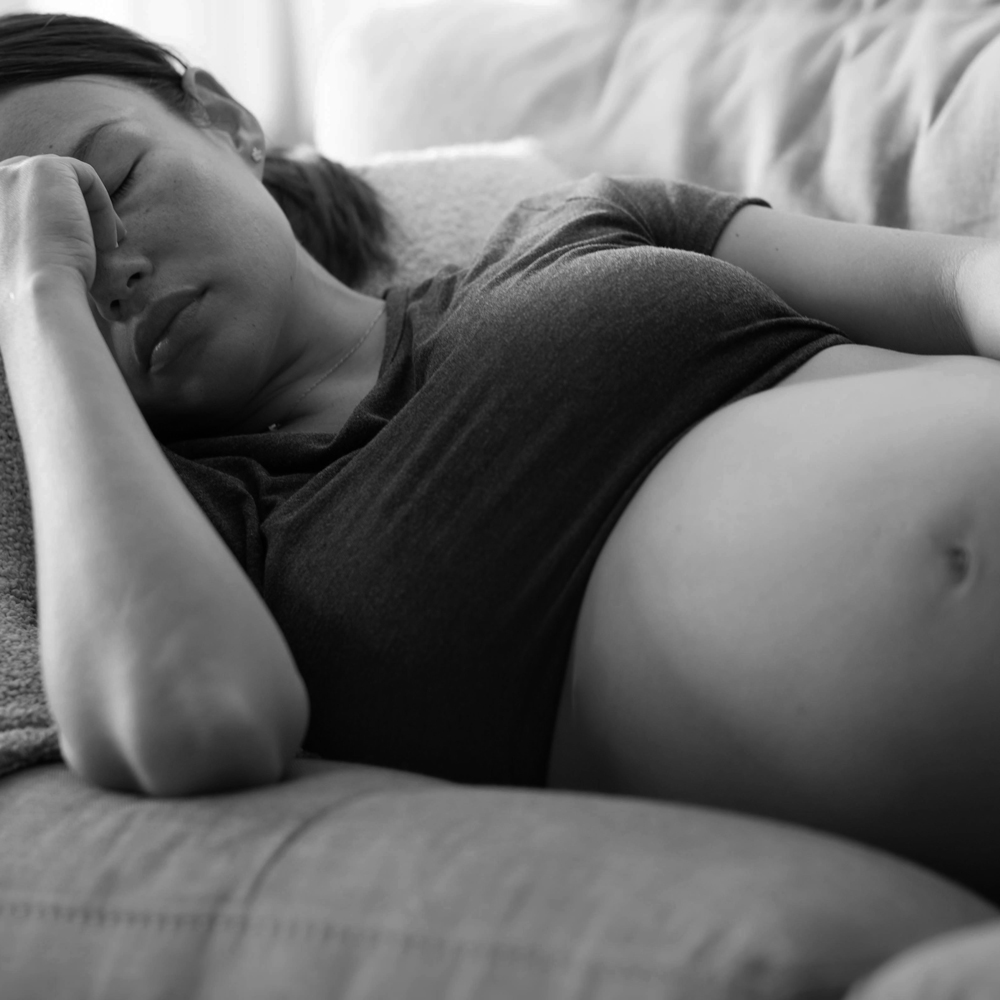What Happens In Early Pregnancy

Let’s take a look at how you might discover and confirm your pregnancy, as well as important next steps for caring for your health and that of your baby in the first trimester.
Congratulations on your pregnancy, māmā. Perhaps you were trying to conceive or your pēpi was a surprise. Whatever your journey looks like, finding out you’re hapū can feel different for everyone so these first few weeks can be an exciting, nervous, or unfamiliar time for many women. All of these feelings are normal and understandable.
Some people love being pregnant while others can’t wait for it to be over and to meet their baby. Either of those feelings may ring true for you or you might sit somewhere in the middle. You’re allowed to feel however you want to about being pregnant – know that it’s okay.
Soteria is here to help you navigate the next nine months of pregnancy and provide you with all the information you need to take the best care of yourself and the precious baby you are carrying.
During the first trimester, some people and couples choose to keep their pregnancy a secret until the risk of miscarriage is significantly reduced after 12 weeks. Others prefer to just tell close family and friends. It’s okay to share the news with your loved ones if you’d like to but it’s also fine to keep it to yourself and your partner as well.
As soon as you know you are pregnant, it’s important to find a lead maternity carer (LMC) right away and book in your first appointment. They will be responsible for all of your maternity care, including your pregnancy, labour, and birth, and up to six weeks postpartum.
You’ll see us refer to different stages of your pregnancy as ‘trimesters’. Pregnancy is divided into three trimesters: the first trimester is weeks zero to the end of week 13, the second trimester is weeks 14 to the end of week 27, and the third trimester is weeks 28 to week 40.
FIRST SIGNS
The first trimester (weeks zero to the end of week 13) is a time of rapid growth and development of your baby. This is when most people suspect that they’re pregnant. You may experience one, multiple, or none of the following symptoms:
- Missed or late menstrual period or lighter bleeding than normal
- Nausea or morning sickness (which can occur at any time, not just in the morning)
- Feeling tired, fatigued, dizzy, or faint
- Headaches
- Losing interest in sex
- Breast changes including tenderness, tingling, swelling or fullness
- Light bleeding or cramping during implantation of the embryo
- Need to urinate more frequently
CONFIRMING YOUR PREGNANCY
Most people confirm their pregnancy with a urine sample test that you can take at home, at the GP, at your LMC’s clinic, or at a Family Planning clinic. This is a very reliable and convenient method of testing which works by detecting the pregnancy hormone, hCG in your urine. If hCG is present you will get a positive result within minutes. The best time to take a pregnancy test is one week after your period was due. Each test is slightly different so be sure to read and follow the instructions carefully. Further testing is not required after you have received a positive pregnancy test.
However, your LMC or GP may offer you a blood test to measure the amount of hCG in your body if you have been undergoing fertility treatment or if there are signs of a possible ectopic pregnancy (a pregnancy that grows outside of the uterus, most commonly in the fallopian tube) or miscarriage. They may also offer you an ultrasound scan if you are unsure of your dates.
NEXT STEPS
- Find an LMC.
- Review your health with your GP or LMC and let them know about medications you are already taking to make sure they’re safe.
- Start taking a daily folic acid supplement to prevent neural tube defects.
- Do not smoke, vape, consume any alcohol, or take recreational drugs.
- Before taking any over-the-counter medicines for common ailments like a headache, cold or hay fever, always check with your GP or pharmacist that they’re safe to take while pregnant.
- Make healthy lifestyle choices – maintain your current level of exercise and eat a healthy, balanced diet.



